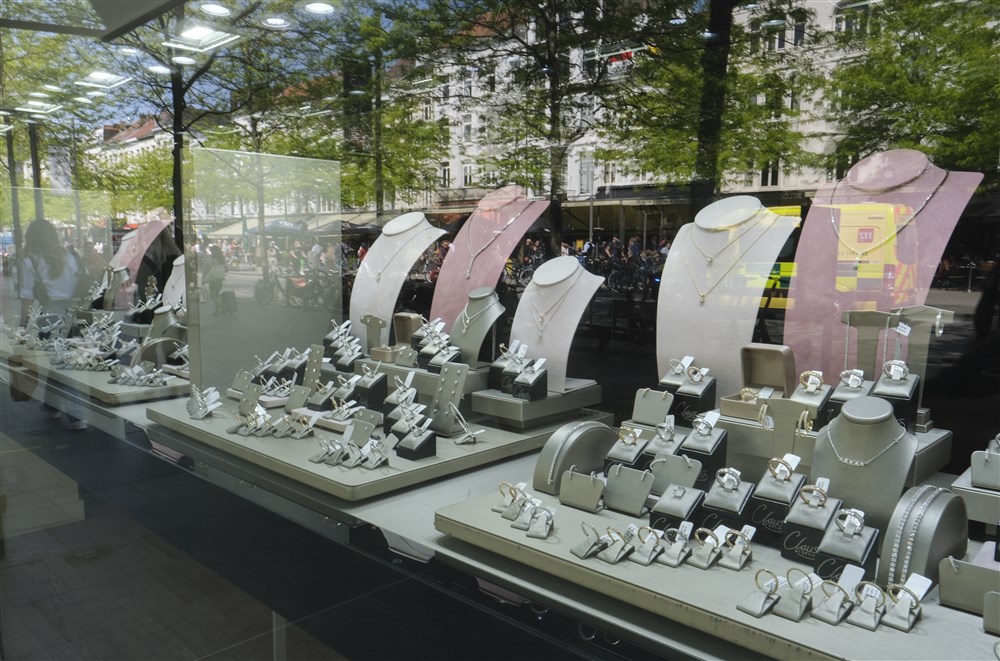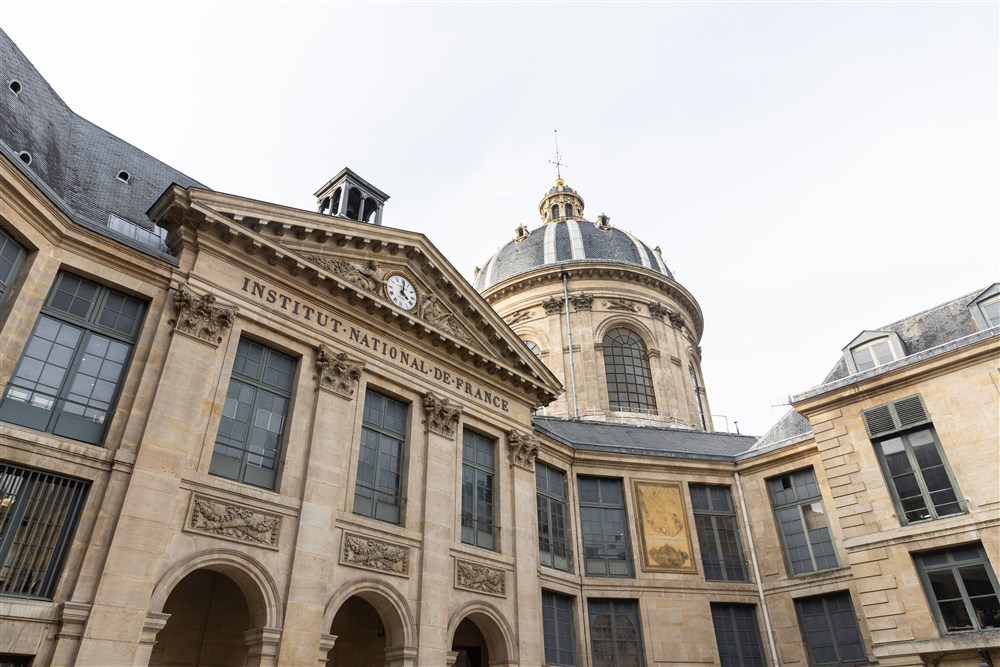President Assad was allowed to join his Arab counterparts at the Arab League meeting on May 19, completing his rehabilitation.
His presence was the result of efforts by Saudi Arabia, which says it wants relations normalised.
The Arab world should be “pragmatic” and engage with Assad to limit the influence of Iran, according to Riyadh.
This comes after the thawing of hostility between Riyadh and Teheran thanks to a deal brokered by China. Both countries now acknowledge the principle of non-intervention, despite fundamental disagreements on many issues.
Assad’s troops have taken control of much of Syria thanks to the support of both Russia and Iran, helping tip the war in his favour.
“Crime pays ” commented Raphaël Glucksmann, a French member of the Socialist alliance in the European Parliament who specialises in human rights.
The Syrian leader’s presence at the Saudi Arabia summit marks the end of more than a decade of being shunned by most Arab countries following his crackdown on anti-government protests in 2011.
Arab nations hope Assad can help them tackle issues such as the return of refugees and the drug trade.
Arab states are planning to implement a scheme to encourage refugees to go home and convince Western powers to ease sanctions, a notable turn of events since it was Saudi Arabia which previously wanted to topple Assad.
⚡️#BREAKING Saudi crown prince shakes hands with Syrian President Assad at Arab league summit after 12 years of Syria's suspension pic.twitter.com/VQeoaxyBsy
— War Monitor (@WarMonitors) May 19, 2023
Local diplomats hope to see increased repatriation among Syrians, though human rights organisations oppose plans to move refugees back to Syria on the grounds that this might encourage other countries to follow suit in the face of ongoing allegations of arrests, disappearances, and persecution of returnees.
According to aid workers, UN agencies have consistently faced obstacles in their attempts to monitor the return of refugees. Aid workers and certain diplomats express doubts regarding the willingness of the Assad regime to modify its behaviour.
Western countries object to the rehabilitation of Assad, but the United Arab Emirates have nevertheless invited him to the UN Cop28 climate change conference in Dubai next November, which would be his first global summit since the beginning of the war.
If Western leaders attend that conference, they would be in the same room as a man subject to international sanctions for the use of chemical weapons, war crimes, and extrajudicial killings.
In the US, a bipartisan group of US lawmakers has introduced a bill intended to bar the Government from recognising Bashar al-Assad as Syria’s President, and to enhance Washington’s ability to impose sanctions: a warning to other countries considering normalising relations.
French Hill, co-sponsor of the bill, said: “Syria’s re-admittance to the Arab League signals to Assad that his barbaric behaviour is acceptable, these steps towards normalisation are reckless,” and that this “should not deter the US government from its obligation to sanction Assad… and hold him accountable for his egregious war crimes.”





